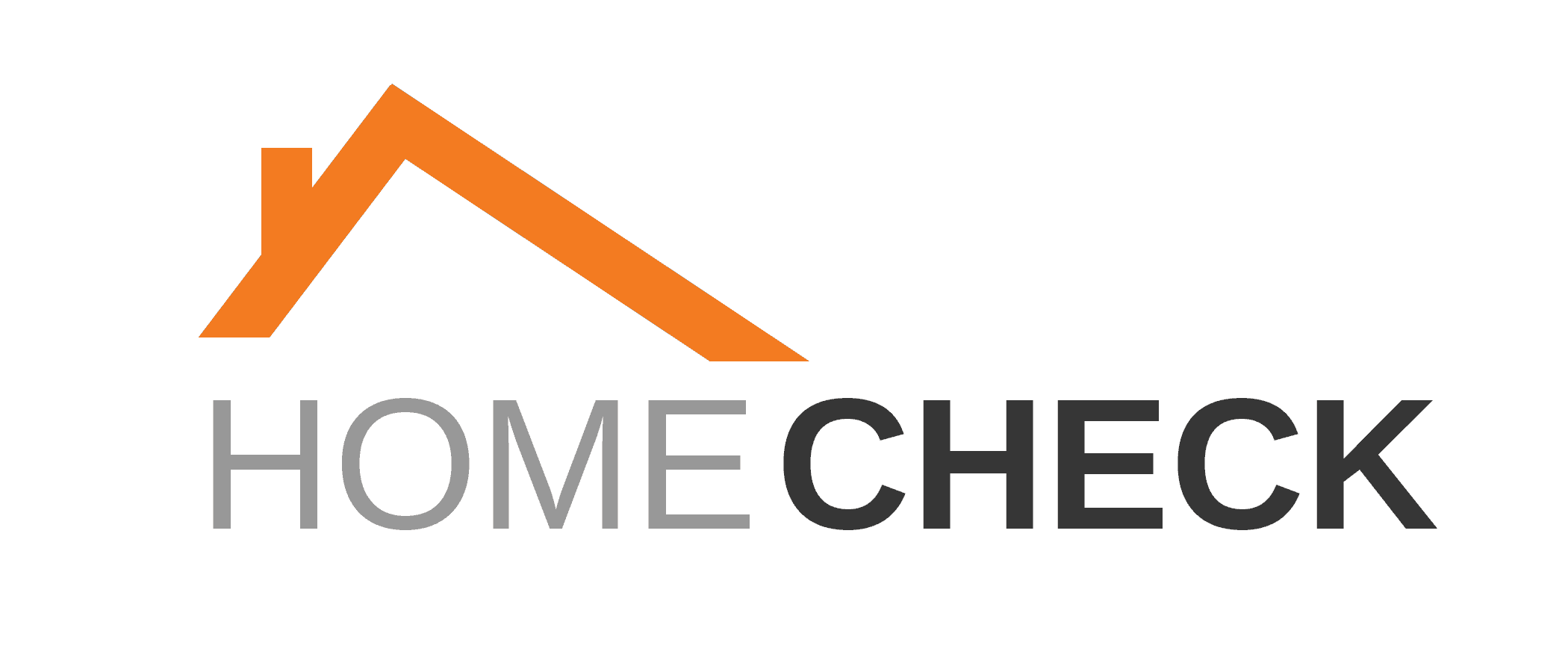Home Inspectors inspect hundreds if not thousands of individual items during a home inspection. Still, there are some things are NOT inspected.
In this blog post, we will discuss 6 things that are NOT inspected during a home inspection. For a complete list of exclusions and limitations, refer to our Standards of Practice.
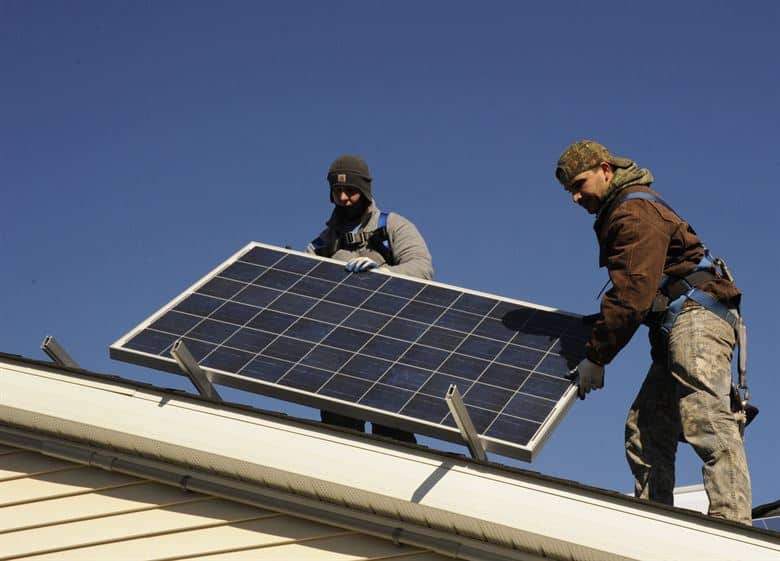
Solar Panels
Solar panels are becoming increasingly popular in residential homes. Recent advances in technology have made them more efficient and cheaper to produce than ever before. As a result, many homeowner’s are installing solar panels to cover either a portion or all of their electric use.
Solar panels should be inspected by a qualified Solar Installer although some electricians may be able to perform an inspection of the system. Solar Installers should licensed and certified by the North American Board of Certified Energy Practitioners.
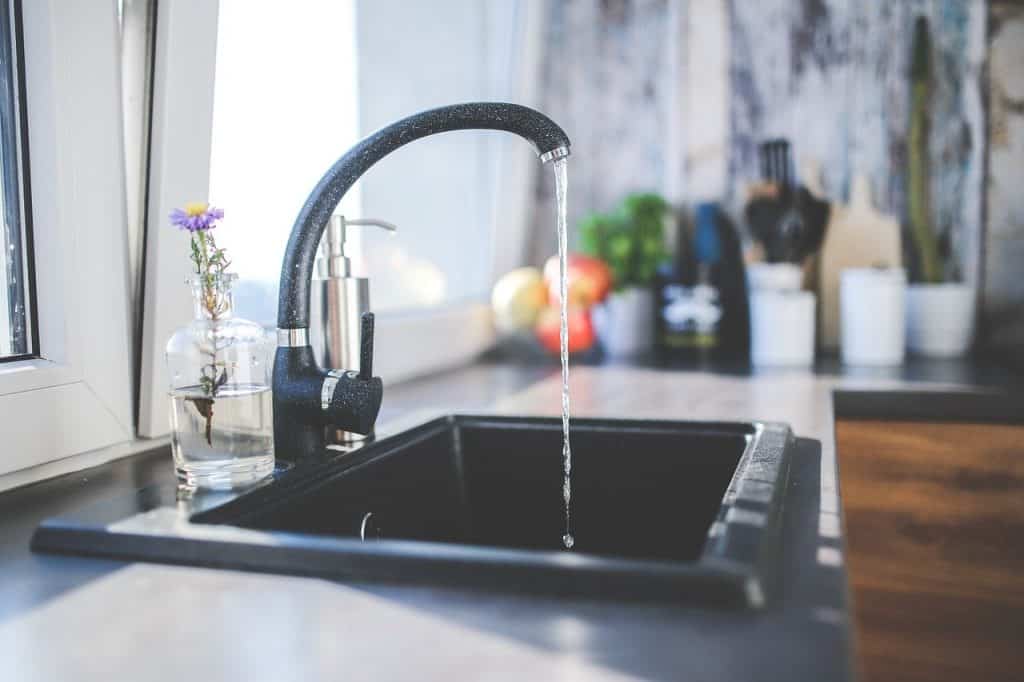
Water Softeners
Water softeners use chemical processes to remove calcium and magnesium from hard water. These minerals can clog pipes and damage appliances.
A proper inspection of water softener systems should be performed by a qualified plumber. A plumber will be able to verify the installation of the water softener system and measure the “hardness” of the water.
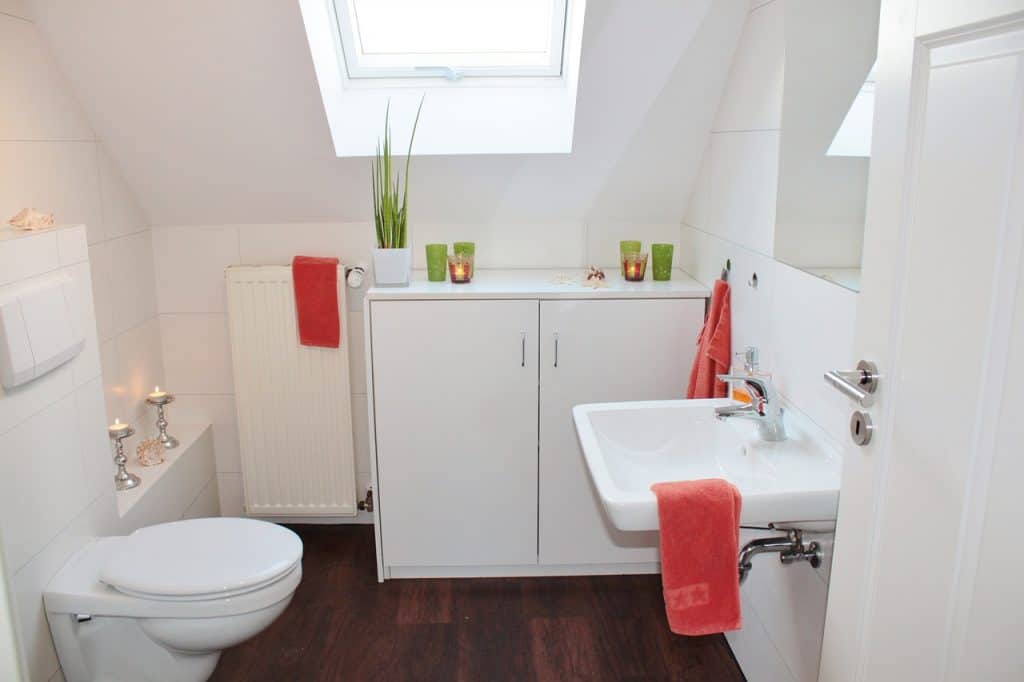
Well & Septic Systems
Well & septic systems are common in rural areas of the United States. These systems are mostly underground and not readily accessible during a standard home inspection. As a result, well & septic systems should be inspected by a qualified well & septic inspector.
To properly inspect these systems, the contractor will dig holes to access the underground parts of the tank as well as the leach field. The inspector will then evaluate the structural integrity of the tank and the function of the pumps, floats, and baffle tees. The inspector will also run an absorption test to measure the system’s ability to handle a normal load of waste water.
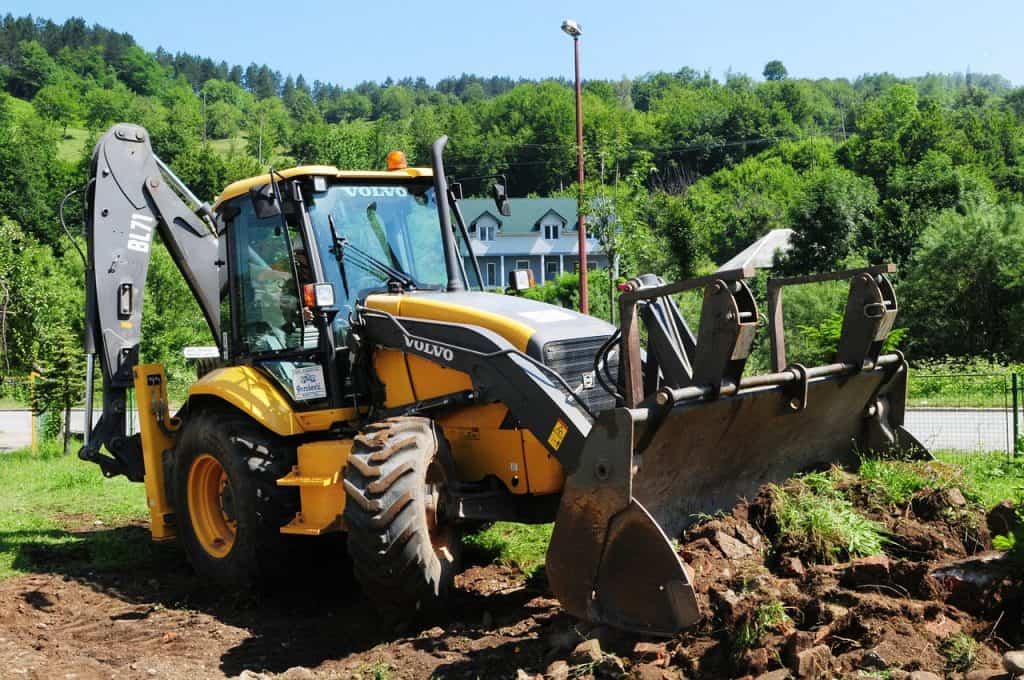
Underground Fuel Storage Tanks
Underground fuel storage tanks are tanks that store fuels such as oil and gasoline underground. It is estimated that there are more than 640,000 underground fuel storage tanks currently in use. Of these, about 465,000 have leaked which can be hazardous to the environment and contaminate groundwater.
Underground fuel storage tanks should be inspected by a qualified fuel storage tank contractor. Fuel storage tank contractors can inspect the integrity of the tank and test for any leaks.
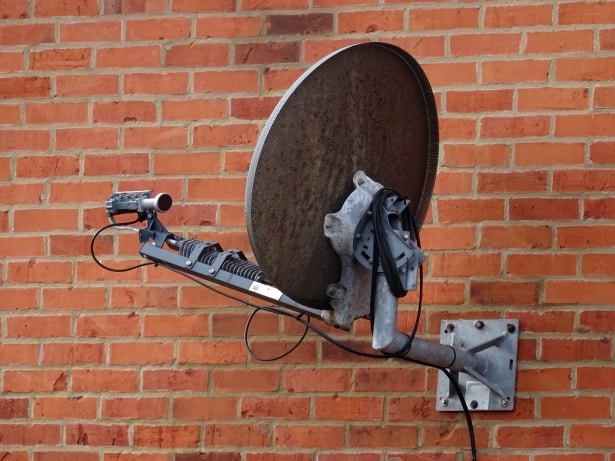
Low Voltage Electrical Systems
Low voltage electrical systems refers to things like phone lines, cable lines, satellite dishes, antennae, lights, or remote controls. Inspections of these systems should be referred to a telecommunications professional or electrician.
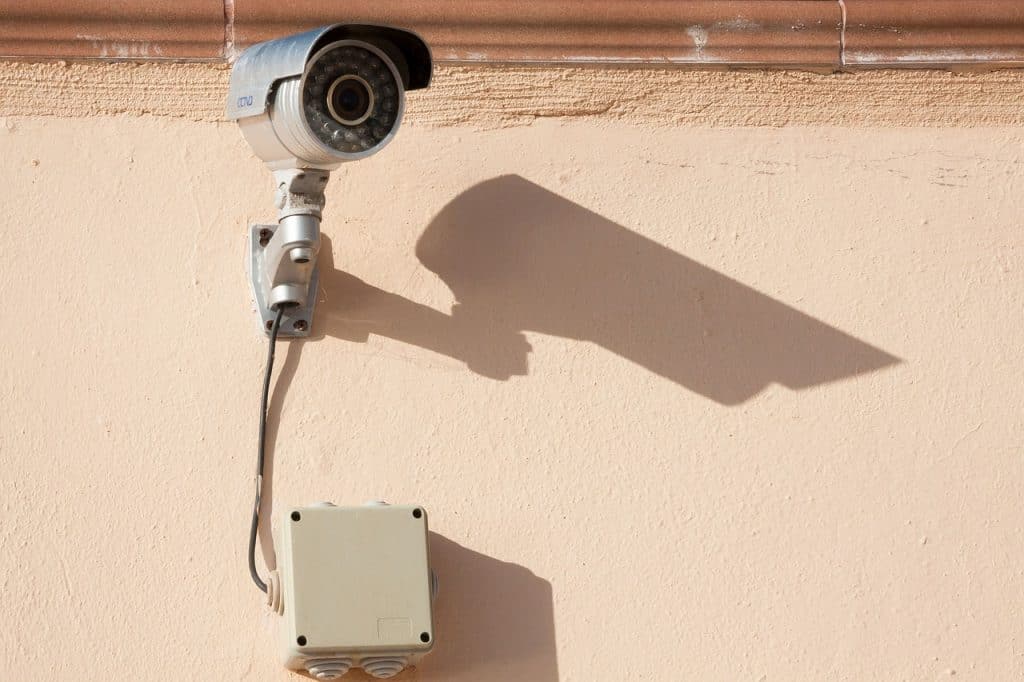
Security Systems
Security systems can provide added protection and peace of mind. Unfortunately, due to the complexity, and the wide range of security systems available, these are not inspected as part of the home inspection.
The inspection of a home’s security system should be referred to the company that installed the system or the manufacturer.
